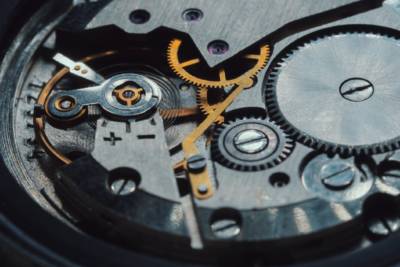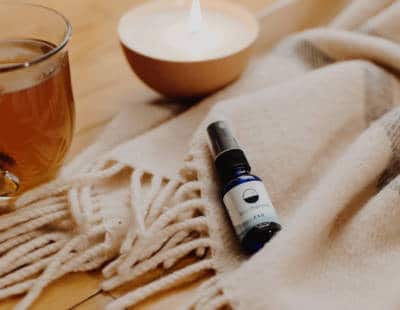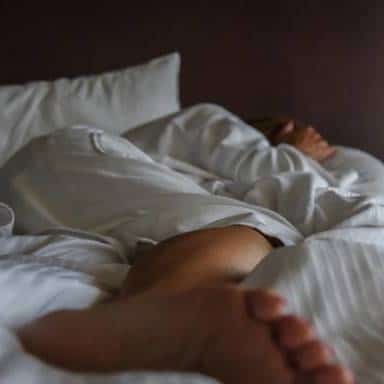Daylight Saving Time (DST) has been practiced for over a hundred years in the United States. You know the drill, Spring Forward/Fall Back, and yet every year we dread the change. Perhaps because this change has been shown to affect our health, both mentally and physically. In fact, studies report that falling back to gain one hour of daylight in the fall months causes reductions in sleep and increases rates of heart attack, stroke, and car accidents. As our body’s Circadian Rhythm adjusts to the time change, we gradually get back on track.
What is Circadian Rhythm?

Think of the Circadian Rhythm as our body’s internal master clock. This master clock tells the body when to sleep, wake up, and eat and is influenced by external cues, like sunlight and temperature, and in every way helps determine the way you FEEL during the day. If the clock is off, we’re off.
Here’s an example of how #thebodyknows – we have receptors in our eyes that detect sunlight – those receptors pass along this information to the brain which then jump-starts the production of melatonin, the hormone that causes sleepiness.
The End of Day Light Saving Time
On Sunday, November 3rd, we will move our clocks back one hour to end the Daylight Saving Time. With the change, the sun will rise one hour earlier Sunday morning, at 6:59 a.m. The sun will also set earlier Sunday at 5:38 p.m. This shift to days with fewer hours of sunlight can trigger Seasonal Affective Disorder (SAD) – a condition that affects 1.6 billion people worldwide!
Check out this study published in 2017 in the journal Epidemiology, where researchers found a direct relationship between hospital admission for depression and DST.
Look, as I write this, I’m having my own anxiety – all the negatives! But I’m writing this to mainly say IT’S NOT YOU, IT’S DAYLIGHT SAVING TIME!
Reset your Master Clock
Here’s what I propose may help you get through the next couple of days without any major breakdown:

Adjust your sleep. On Monday morning when you wake up, it will be light out. When you get out of work (for all you nine-to-fivers) it will already be dark. Imagine this shift for kids! While we’re technically gaining an hour, your Circadian Rhythm is off. Try going to bed 30 minutes earlier, and waking up 30minutes earlier. This slight shift will help.
Natural Sunlight. Our body’s master clock is regulated by sunlight. It tells our brain when its time to wake up. With less sun – try and soak it up as much as possible.
Relax. Fall and winter always remind me to go inward to try to rest and relax. Nature is doing that, we should too. Take a relaxing shower or bath before bed to help you wind down. Plus the decrease in your body temperature after the bath will help you sleep easier.
Try Melatonin. Melatonin is a hormone found naturally in the body that plays a role in sleep. The production of this hormone is connected to the time of day, increasing when it’s dark and decreasing when it’s light. You can see how now might be a good time to introduce a melatonin supplement.
CBD for sleep. It’s estimated that 70 million people in the U.S. suffer from some form of sleep disorder, already, without the change in time! CBD works to balance our body’s Endocannabinoid System (ESC) – which helps to regulate vital, internal functions, promoting overall wellness, and helping our body to recover faster. We know that CBD promotes more restful sleep, as well as a list of other health benefits.
Luckily for us, the body knows!
